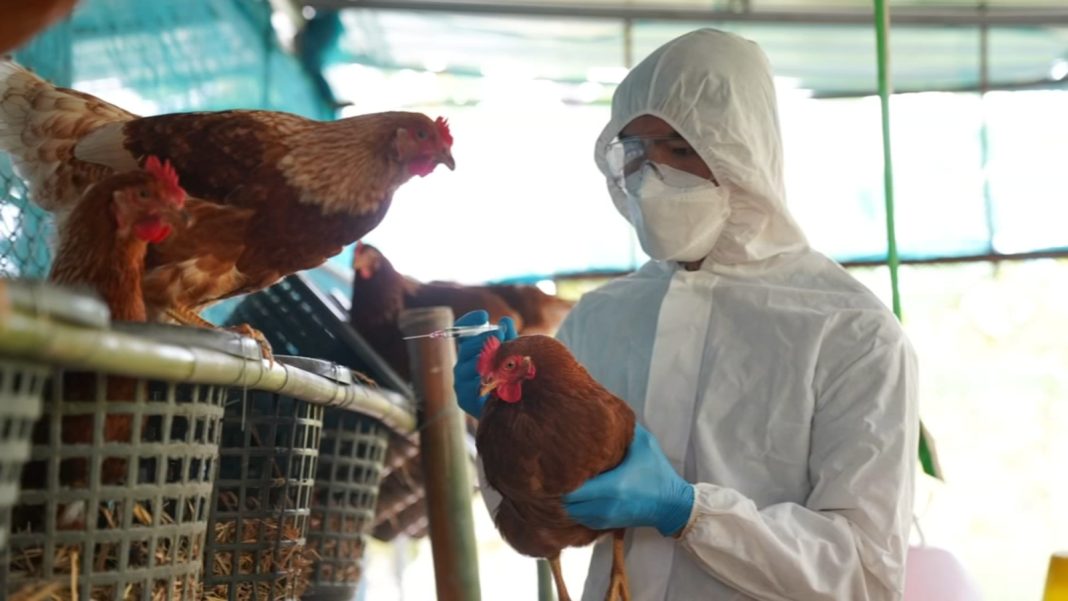Traces of Bird Flu Detected in Austin’s Wastewater Systems
Introduction:
Two months after the first human case of bird flu was confirmed in the Texas panhandle, the City of Austin reported the detection of traces of the virus in its wastewater systems. While city officials assured the public that there are no human cases and the risk is low, concerns about the spread of the virus remain.
Traces of the Virus in Wastewater:
Last Friday, ABC13 contacted Harris County Public Health to inquire about the presence of the H5N1 virus in Houston and its surrounding areas. As of now, the county health department has yet to provide an answer. Chris Van Deusen from the Texas Department of State Health Services explained that even if traces of the virus are found, it does not necessarily mean there are infected individuals within the community. The presence of dead virus fragments can be detected in pasteurized milk from cows affected by bird flu. If this milk is poured down the drain, it could end up in wastewater systems.
Low Risk to Humans:
Van Deusen emphasized that pasteurized milk from an infected cow does not pose a risk to humans. Pasteurization effectively kills viruses and bacteria. Therefore, consuming milk or other dairy products is not a cause for concern. It is important to note that there have been no additional human cases reported in Texas since the first one in April. The dairy worker who contracted the virus recovered quickly and only experienced conjunctivitis, characterized by redness in the eye. Two other mild cases were later discovered in Michigan.
Limited Human-to-Human Transmission:
At present, the bird flu virus is not spreading from human to human, which alleviates concerns about widespread transmission. However, experts caution that viruses can mutate, necessitating ongoing monitoring by the Texas Department of State Health Services. While individuals working with farm animals are most at risk of contracting bird flu, Van Deusen advises the general public to prioritize other respiratory illnesses, such as colds or seasonal flu, when experiencing symptoms.
Protective Measures for Farm Workers:
To mitigate the risk of bird flu infection, experts recommend that individuals working with farm animals always wear protective goggles, masks, and coveralls. These safety measures serve as a safeguard against potential transmission.
Conclusion:
While traces of the bird flu virus have been detected in Austin’s wastewater systems, there is no cause for immediate concern. The presence of dead virus fragments in pasteurized milk does not pose a risk to human health. Additionally, there have been no new human cases reported in Texas since April. The virus is not currently spreading from human to human, but ongoing monitoring is crucial due to the potential for viral mutations. Individuals working closely with farm animals should take necessary precautions to protect themselves from infection. In the event of illness, it is important for the general public to consider common respiratory illnesses before attributing symptoms to bird flu.


